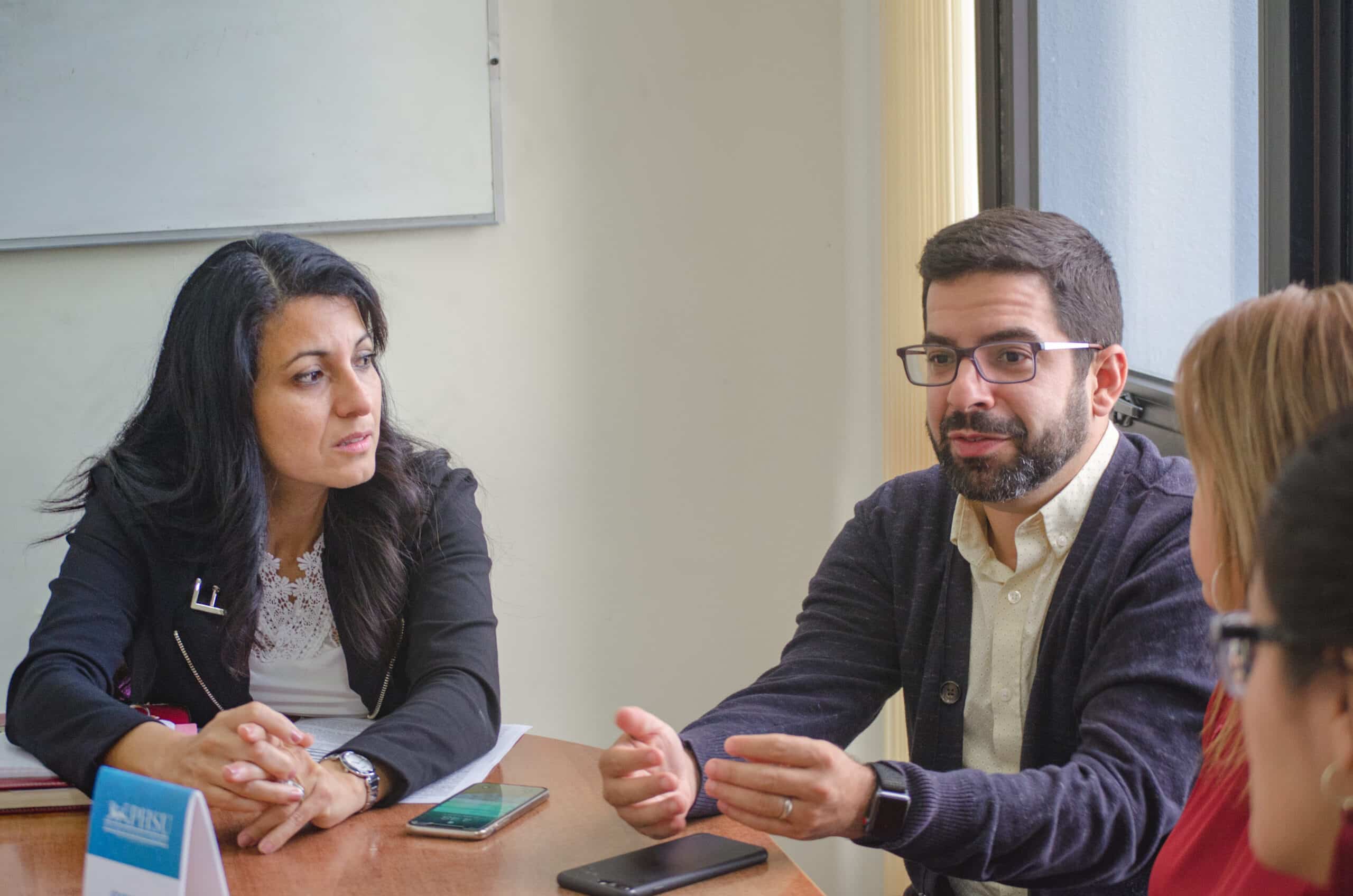Doris Andujar
All Scientific projects are conducted by a team’s effort. If your interest relies on regulations and compliances and science, you should get to know Ms. Doris Andujar, MPH. She is the Program Executive Manager responsible for providing administration support to the Principal Investigators (Dr. José Torres and Dr. Richard Noel) in all activities conducted through the RCMI Program at PHSU.
Ms. Andujar ensures federal grant compliance with all applicable state and federal laws, rules, and regulations. Assist the principal investigators and core/project leaders with proposal development, grants management (pre-award and post-award), budget management and forecasting, data management, monitoring and evaluation, resolution of accounting problems/errors; and functioning as liaison to federal and non-federal granter agencies and subcontracting institutions. She is also in charge of assisting the PI’s in the development and implementation of collaborative agreements/partnerships with other research-intensive institutions.
Among the important aspects to share with the community upon the RCMI Program; MS. Andujar tells us that NIH funded 11 Research Centers in Minority Institutions Specialized Centers nationally and PHSU – Ponce Research Institute is one of the privileged awardees.
She quotes: “Historically, this funding opportunity is designed to develop and strengthen the research infrastructure necessary to conduct state-of-the-art biomedical research and foster the next generation of researchers from underrepresented populations. The overall goals are to advance the science of minority health and health disparities in multiple disciplines, promote the diversity of the biomedical workforce and reduce health disparities and promote health equity. (NIH News Release 8/23/19; link: https://www.nih.gov/news-events/news-releases/nih-funds-eleven-research-centers-minority-institutions)”.
As the Program Executive Manager, she states that it’s important for everyone to get to know how the RCMI Program, titled PHSU Specialized Center in Health is the biggest federal grant with a history of over 30 years on PHSU main campus, which she believes to be one of a kind. Also highlights how it’s important for everyone to get to know the contributions upon the RCMI Programs Cores. For example, the laboratory cores AIDS, BRAIN, and MAGIC merged and enhanced to become the Center for Research Resources open to faculty, students, collaborators, and clients at the local, national, and international levels.
She also addresses that the Community Engagement Core founded with the Community-Based Participatory Research model, trains community members, living in Southern Puerto Rico, on research and health education, in addition to providing support to our faculty researchers. And last but not least, the Investigator Development Core known as START (Strategic Academic Research Training Core) established a two-year career development curriculum for post-docs and junior research faculty and funds peer-reviewed pilot projects. These cores support the three full research projects on basic biomedical, behavioral, and clinical research.
It is evident that Ms. Andujar represents a great professional and asset for the RCMI Program. We recognize her commitment and quote her best wishes to future students that want to become future researchers:
“Students, you are the authors of a new chapter in your book of life once you decide to get a graduate degree. Each year at PHSU is not just another year at a new university; it is a new year full of expectations and opportunities you might have never imagined. Research is one of those opportunities that PHSU offers. To excel as a health professional and spearhead a topic of interest in research, you must be disciplined, respectful, perseverant and tenacious, a good citizen, responsible, just, honest, curious, open-minded, committed, and have integrity. Todd Pettigrew, an English Professor at Cape Breton University, adds to these characteristics ambition, humility, and creativity (when he thinks about his best students).
Above all these qualities, for me, the most important is PASSION. Sister Isolina Ferré refers to passion as the inner tickle that leads you to do things regardless of receiving anything in change, just the satisfaction of having had an impact on the life of those that surround you. Passion is what will lead you to achieve your purpose, your goals, starting with learning health competencies, research methods, meeting graduation requirements, and then applying all the knowledge and skills in a research career. If we apply this concept to health sciences overall, it would be to lead us through passion achieving a translational impact from the lab to the bedside and even more important at the population level.
As a colleague, I urge you to be bold. Dare to Be Different, think out of the box and go beyond your limits. It is ok to be afraid, but do not feel powerless. Dare to believe in yourself, in your talents, in your abilities, in your potential to be an excellent student and professional. Dare to have enthusiasm for your education and research, to learn every day, because you never stop learning. Dare to use all the resources offered by the university (including professors and academic counselors). Dare to ask for help, but also dare to help those who need it and teach them your knowledge because you did select a career that builds on teamwork.
Dare to take opportunities for work-study, employment, to volunteer in the various projects and committees in the institution (this is how I started at PHSU, as a volunteer, and today I am the Program Executive Manager of RCMI and Assistant Director of the Office of Research Development). Take a look into Ponce Research Institute and explore what investigations are underway and see how you can be of help. Become a research assistant, present studies at local, national, and international levels. Expose yourself, network, and let people know who you are and what you can do. Also, take-action and develop community initiative activities with your professors and colleagues. Engage community members in your research studies so they can be your advocates locally.
In summary, you have come this far to be a valuable resource that society needs. Don’t give up, fight, and conquer your goals with great fervor. I wish you all great success!!
“Always listen to experts. They’ll tell you what can’t be done, and why. Then do it!”
~Robert A. Heinlein”
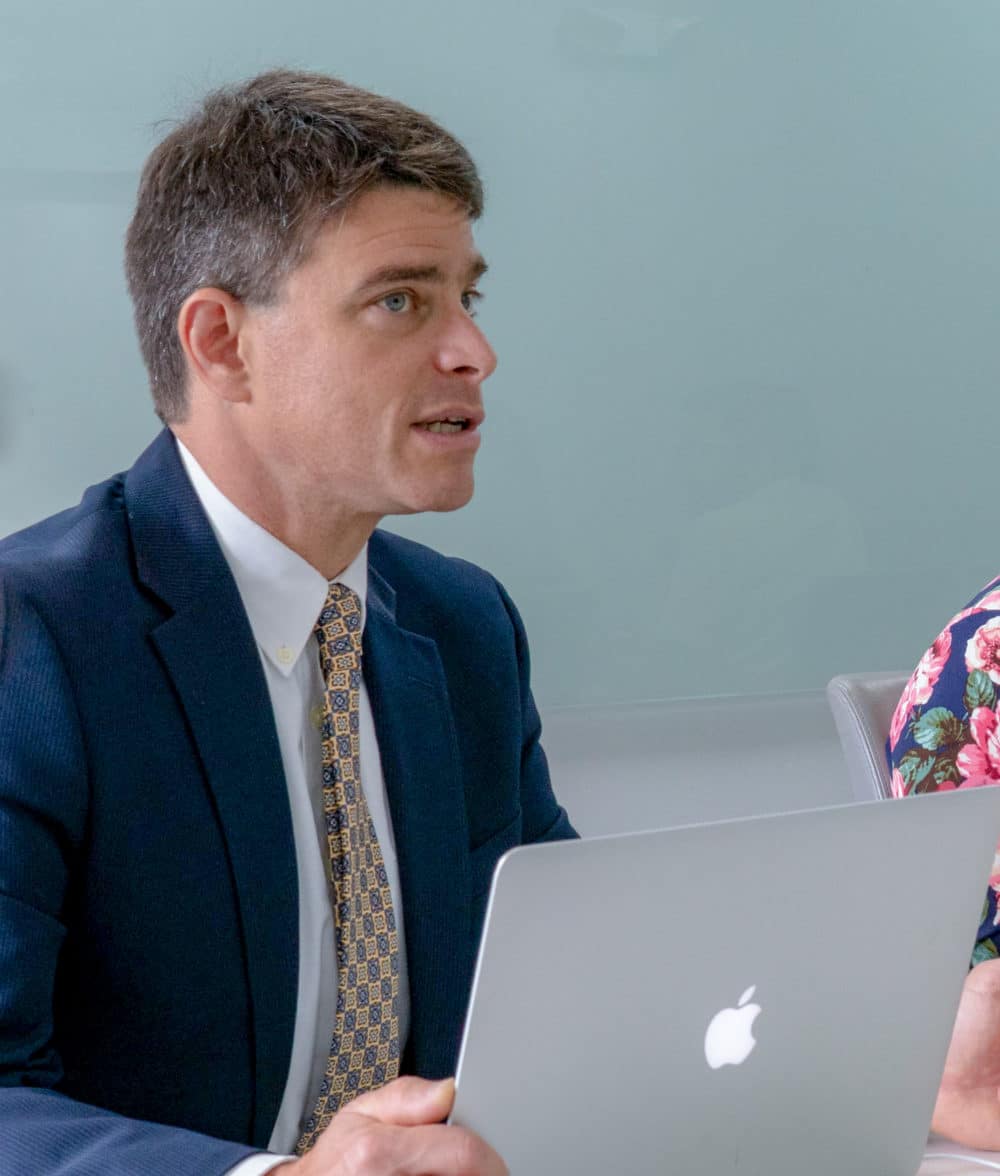
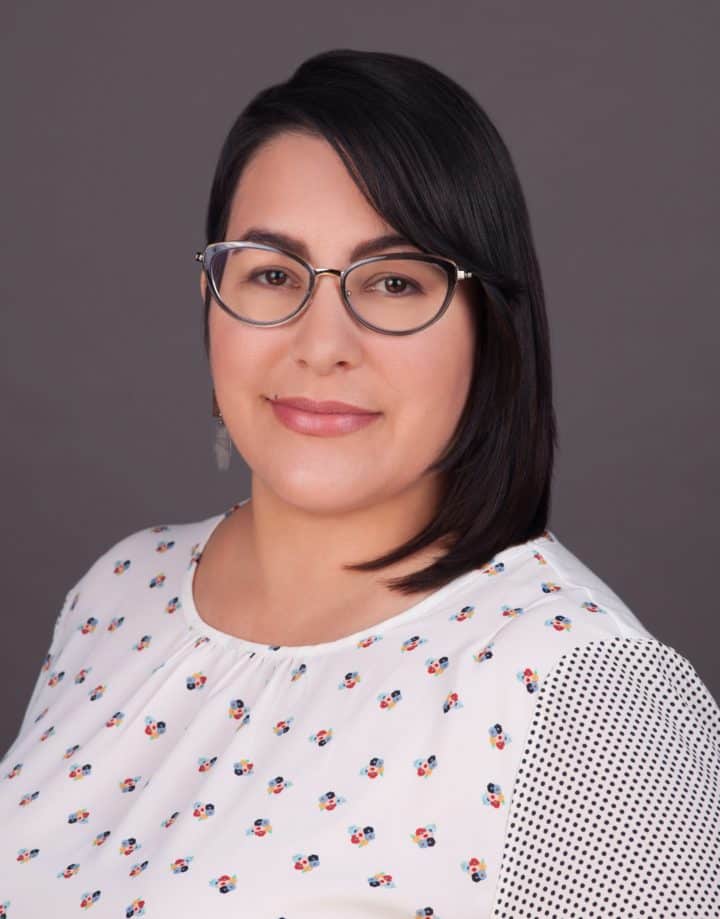
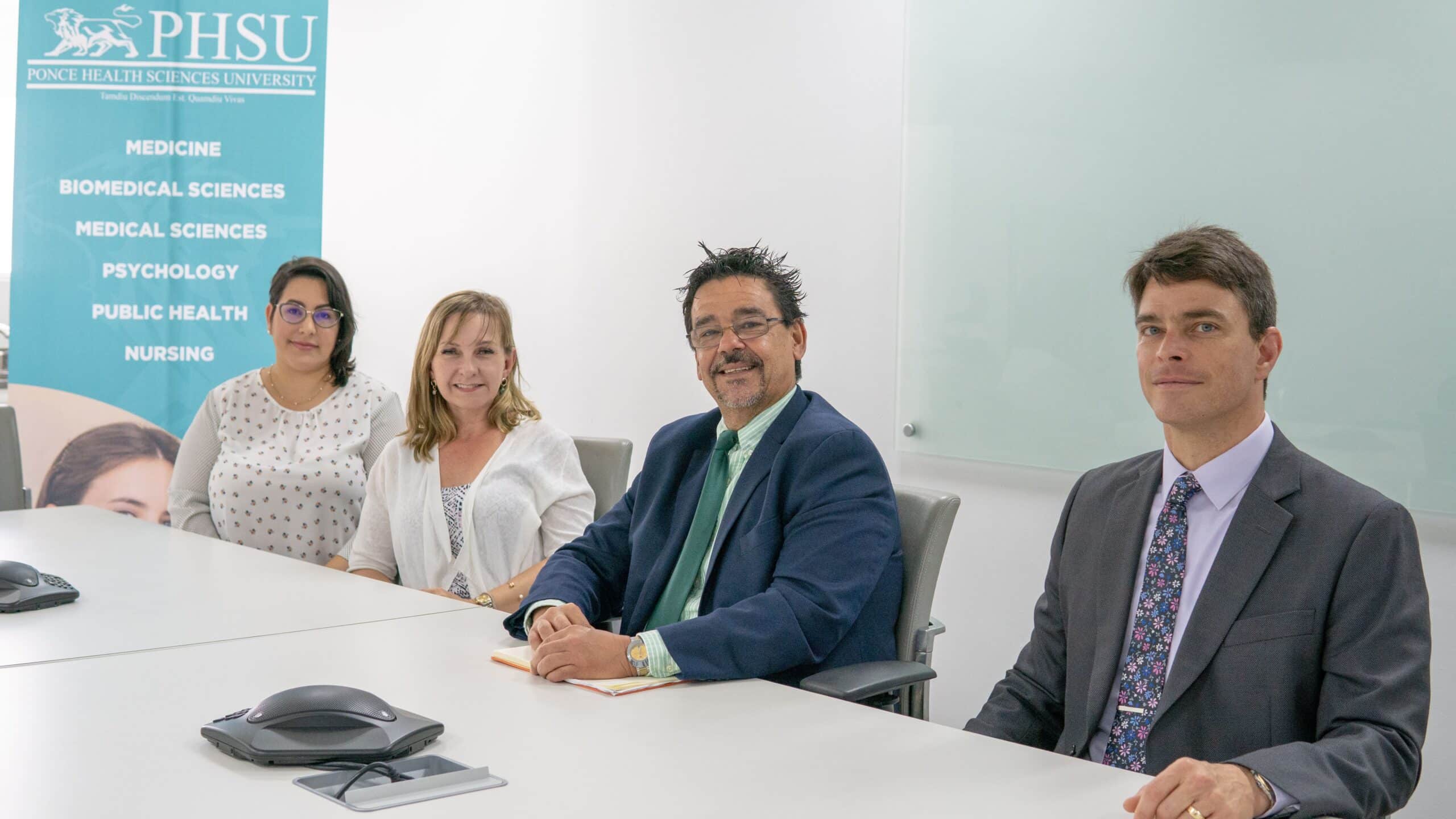
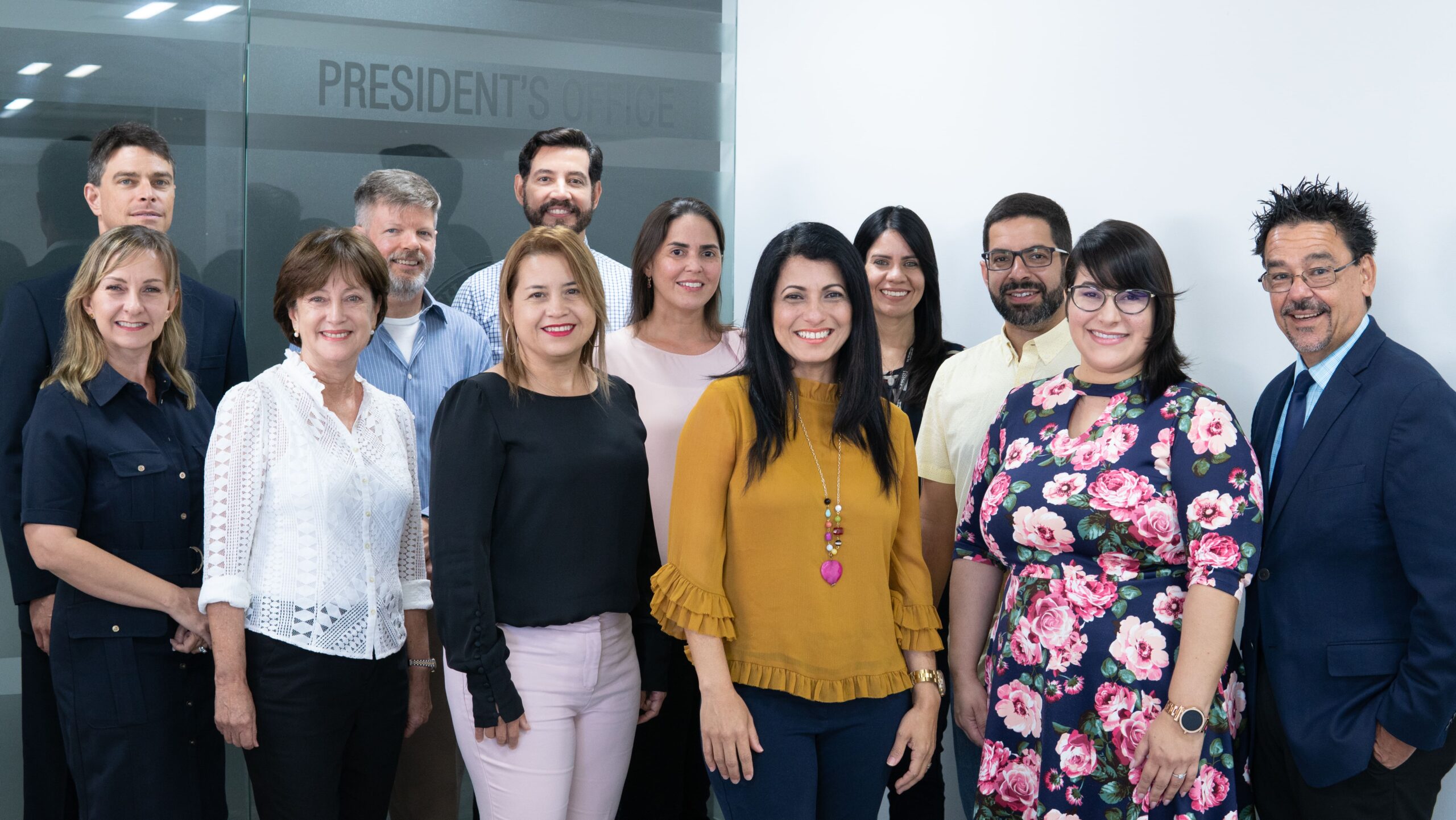
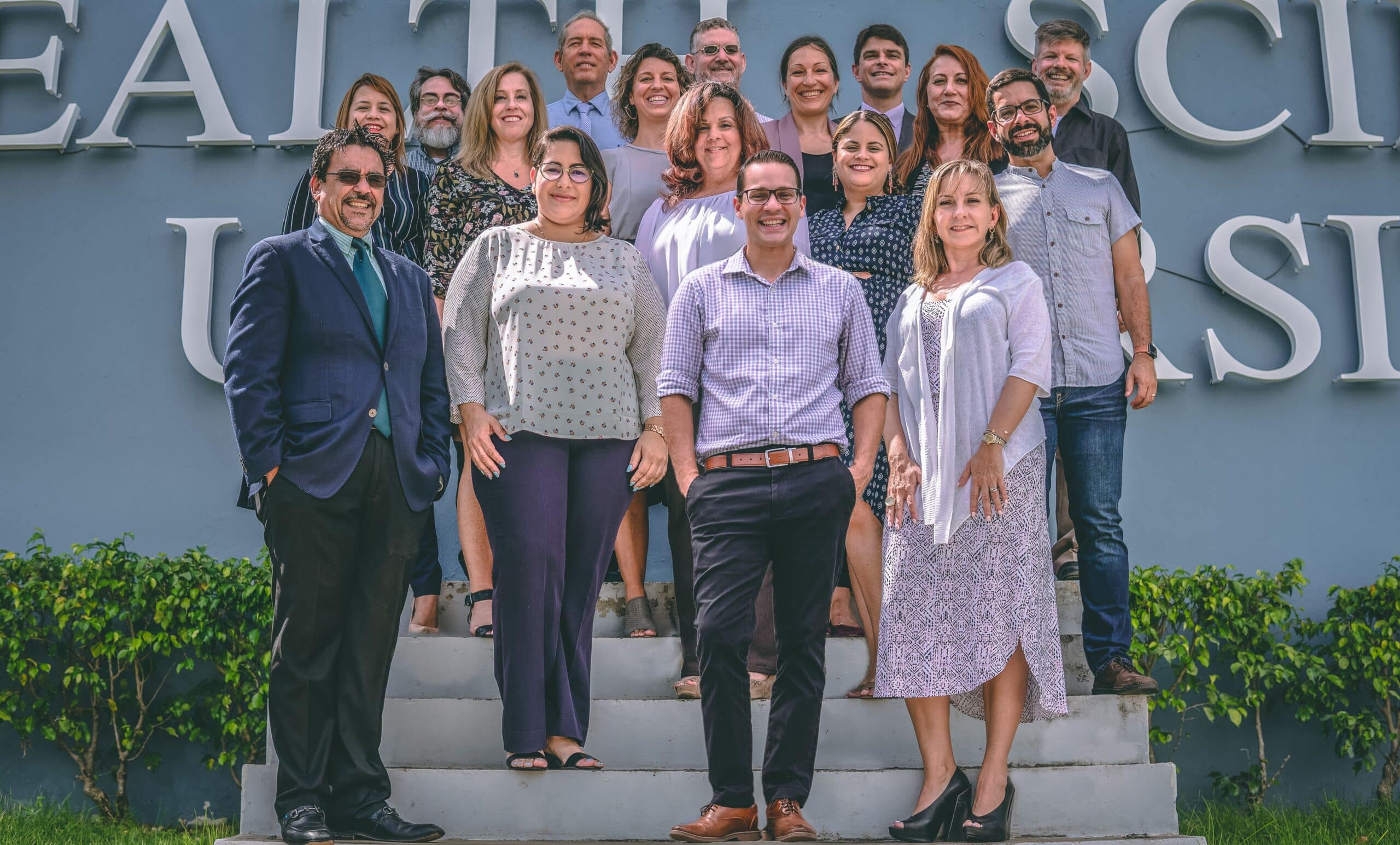
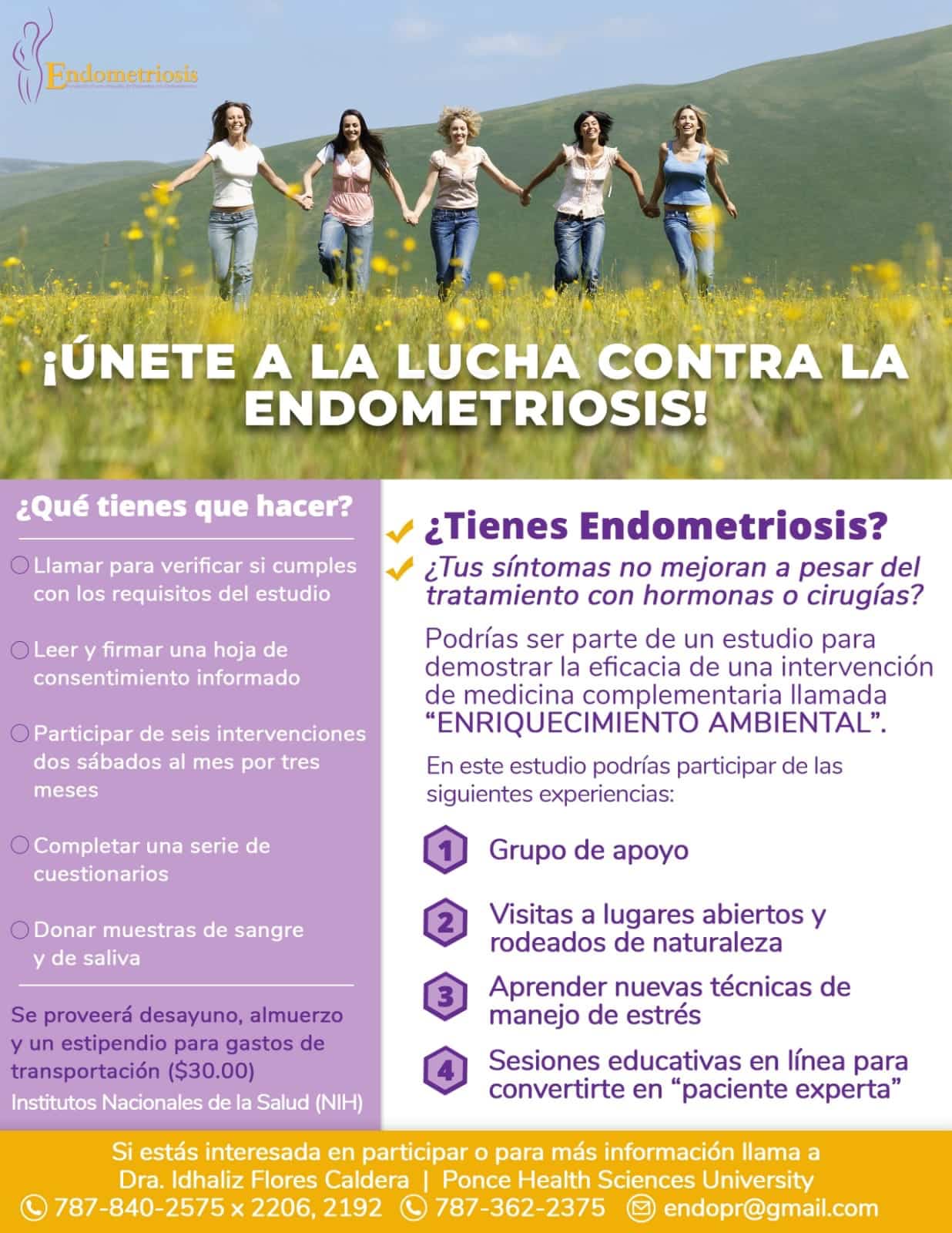
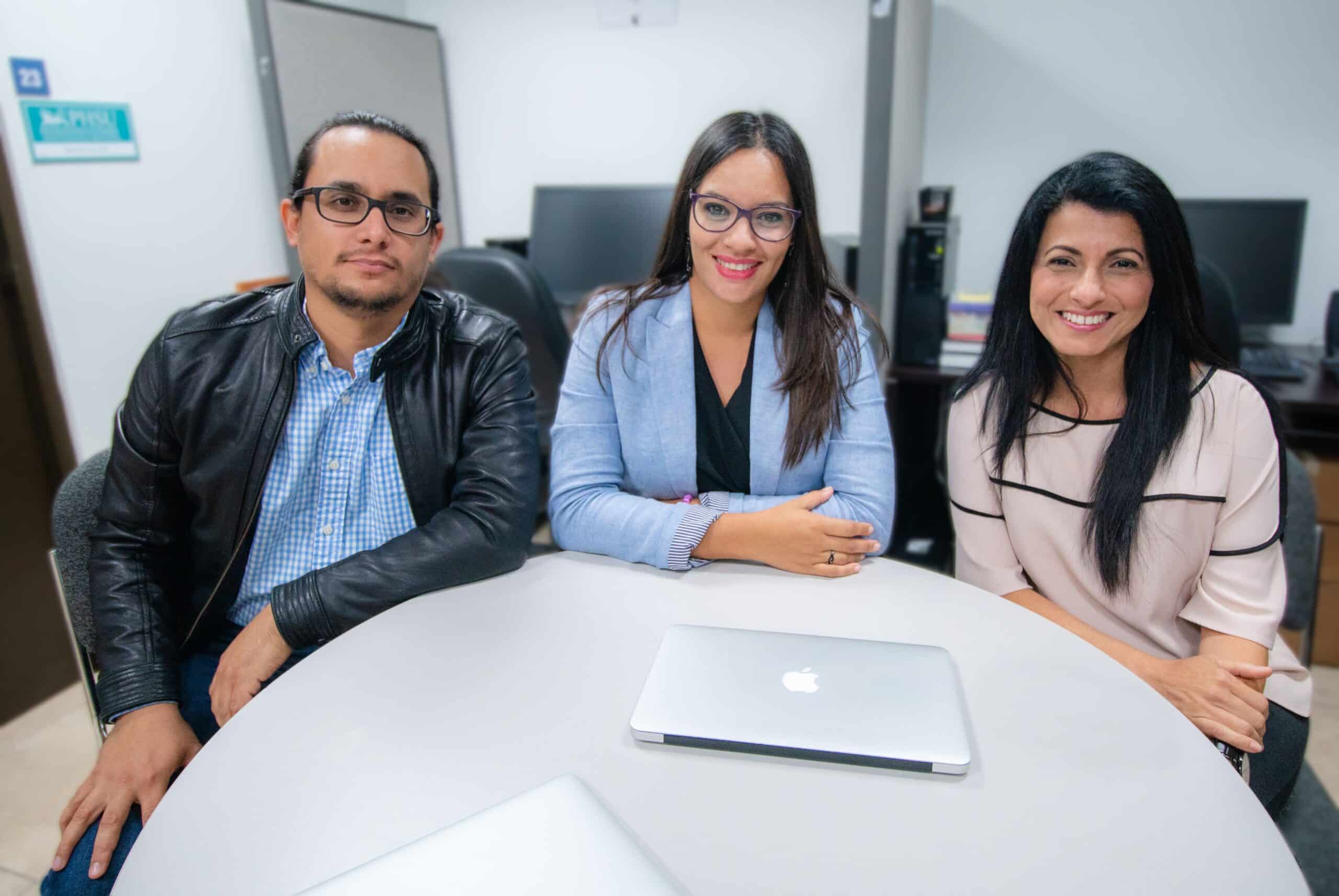
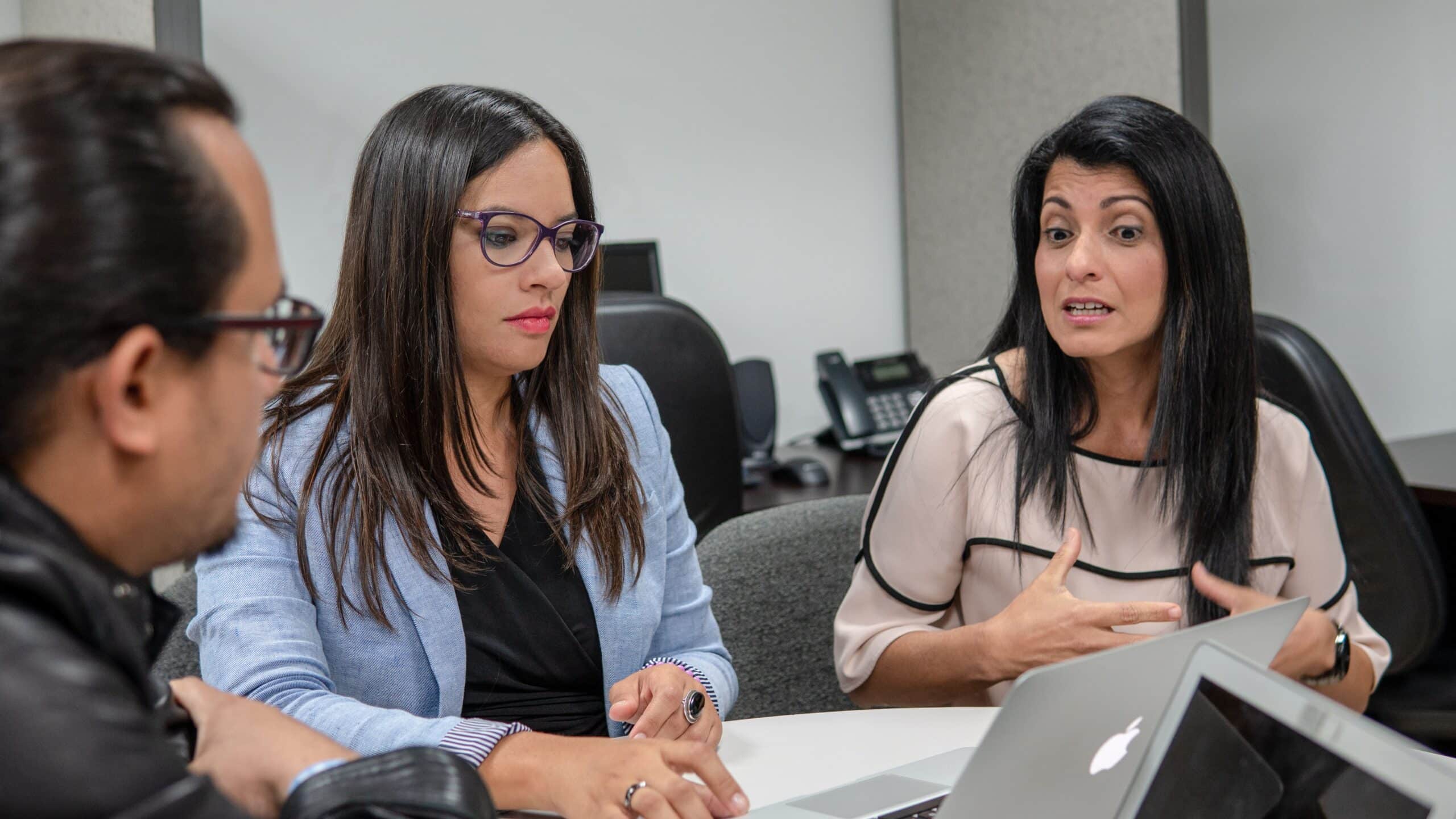
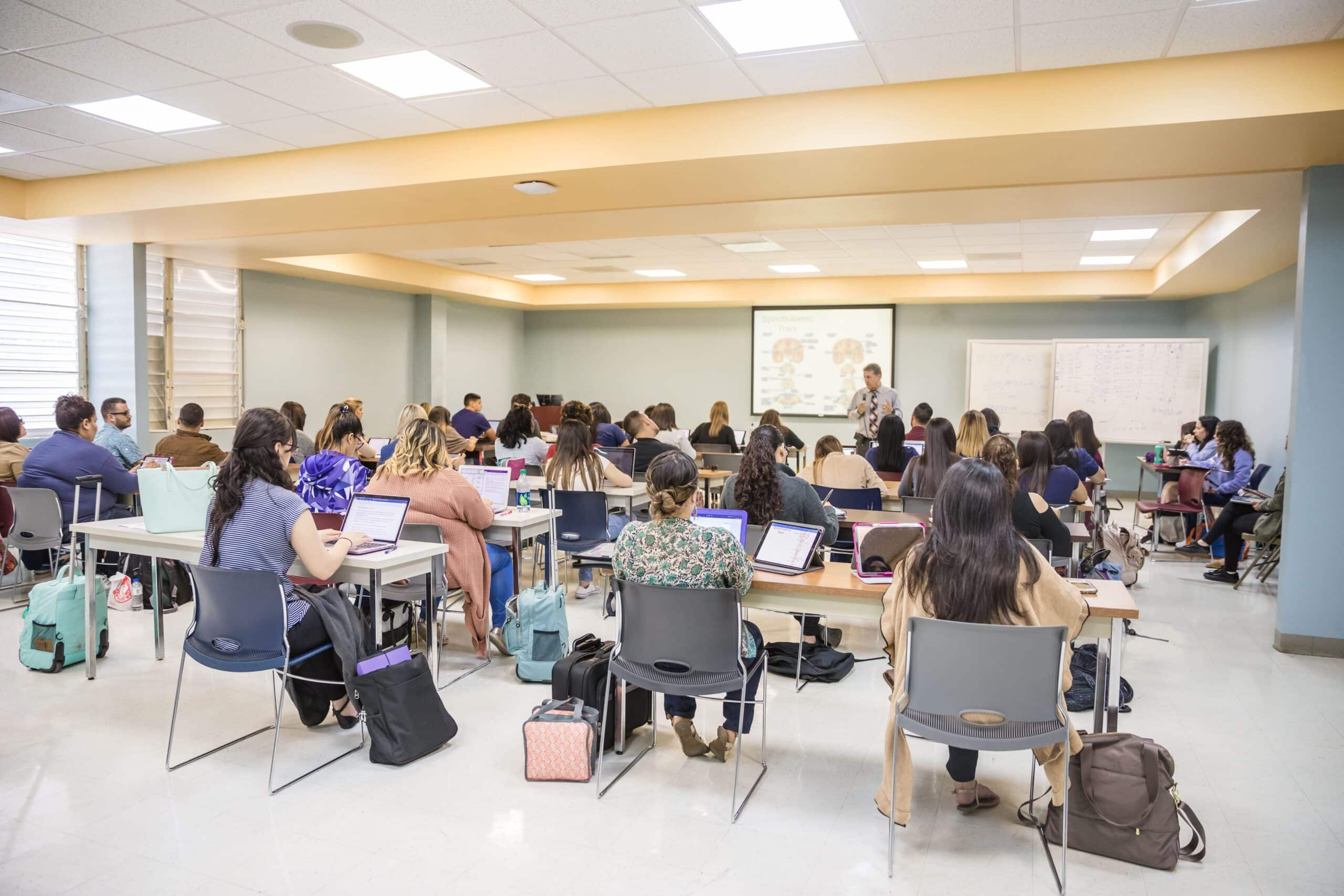
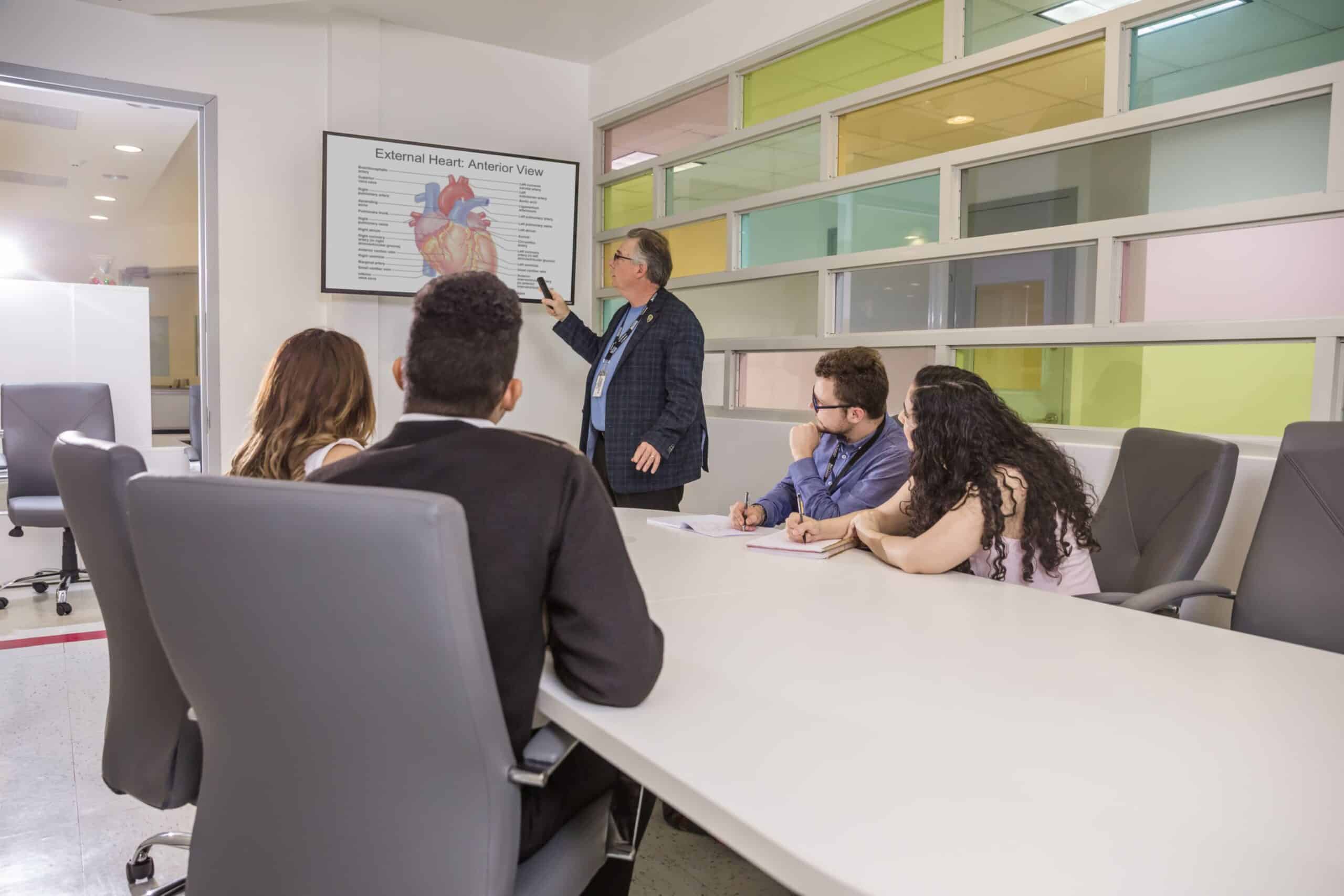 Interesantemente, algunas de las creencias populares sobre el aprendizaje están un poco desacertadas. Muchas veces te habrás preguntado qué tipo de “aprendiz” eres…auditivo, visual o sensorial/físico. Es cierto que los estudiantes muchas veces tienen mayor fortaleza en un área versus otra. Sin embargo, a pesar de muchos intentos de parear métodos de enseñanza con estilos de aprendizaje, no todos han sido exitosos. Desde un punto de vista práctico, probablemente no sea posible crear una tarea escolar puramente auditiva, visual, o sensorial. Además, el enseñar solamente usando las fortalezas del estudiante pudiera ponerlos en desventaja en el mundo real, al permitir que las debilidades (o áreas menos fuertes) permanezcan, o aún peor, se intensifiquen.
Interesantemente, algunas de las creencias populares sobre el aprendizaje están un poco desacertadas. Muchas veces te habrás preguntado qué tipo de “aprendiz” eres…auditivo, visual o sensorial/físico. Es cierto que los estudiantes muchas veces tienen mayor fortaleza en un área versus otra. Sin embargo, a pesar de muchos intentos de parear métodos de enseñanza con estilos de aprendizaje, no todos han sido exitosos. Desde un punto de vista práctico, probablemente no sea posible crear una tarea escolar puramente auditiva, visual, o sensorial. Además, el enseñar solamente usando las fortalezas del estudiante pudiera ponerlos en desventaja en el mundo real, al permitir que las debilidades (o áreas menos fuertes) permanezcan, o aún peor, se intensifiquen.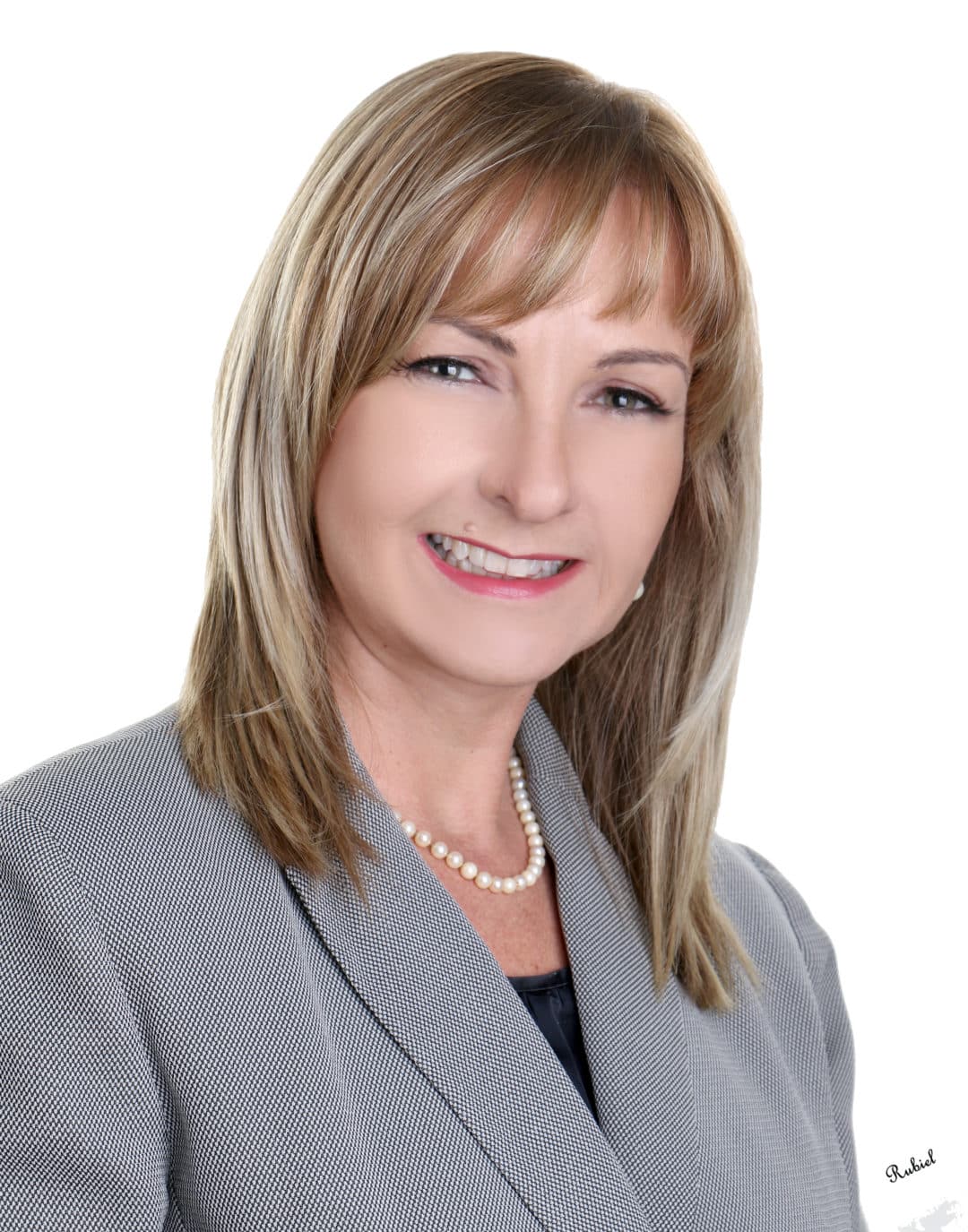
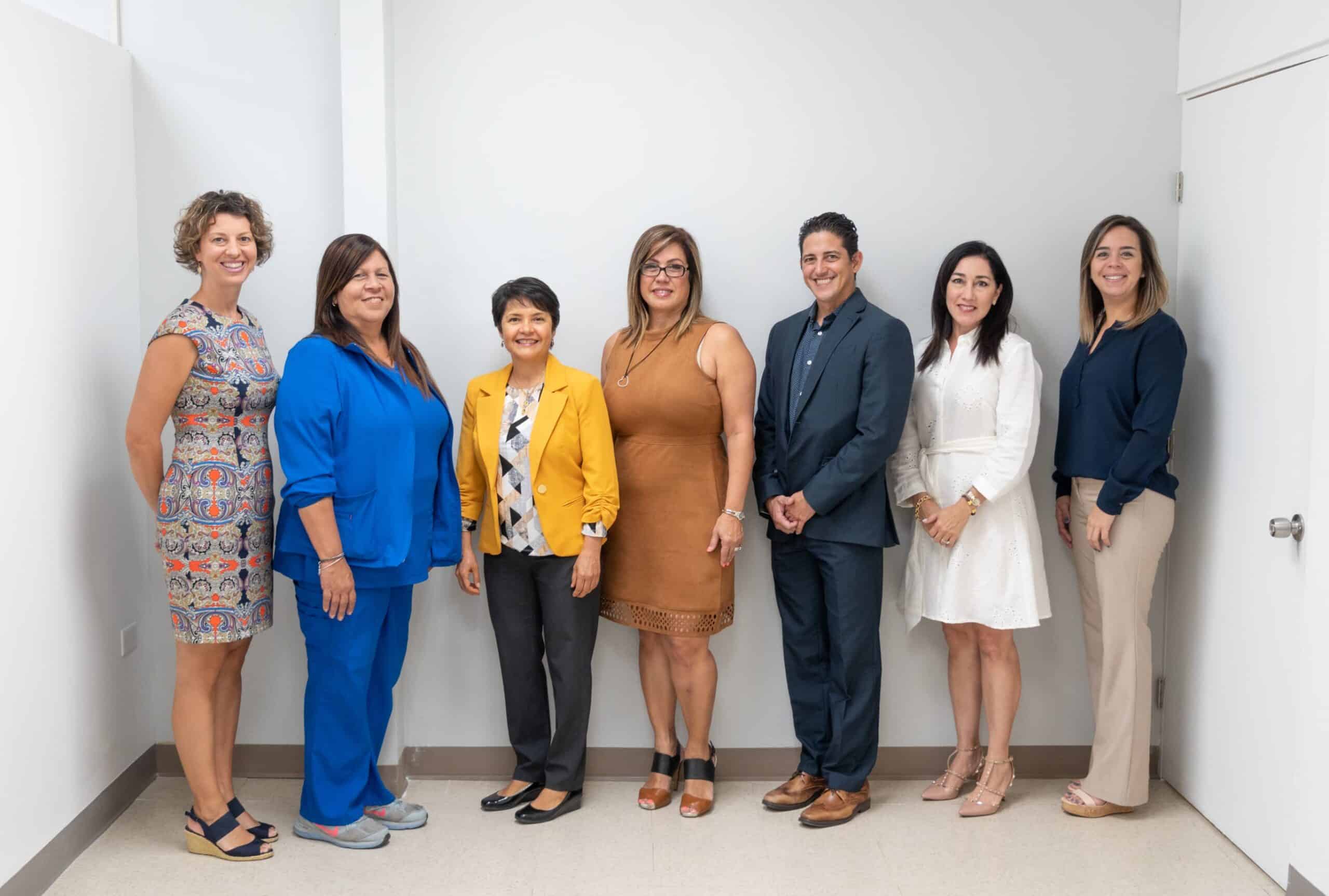
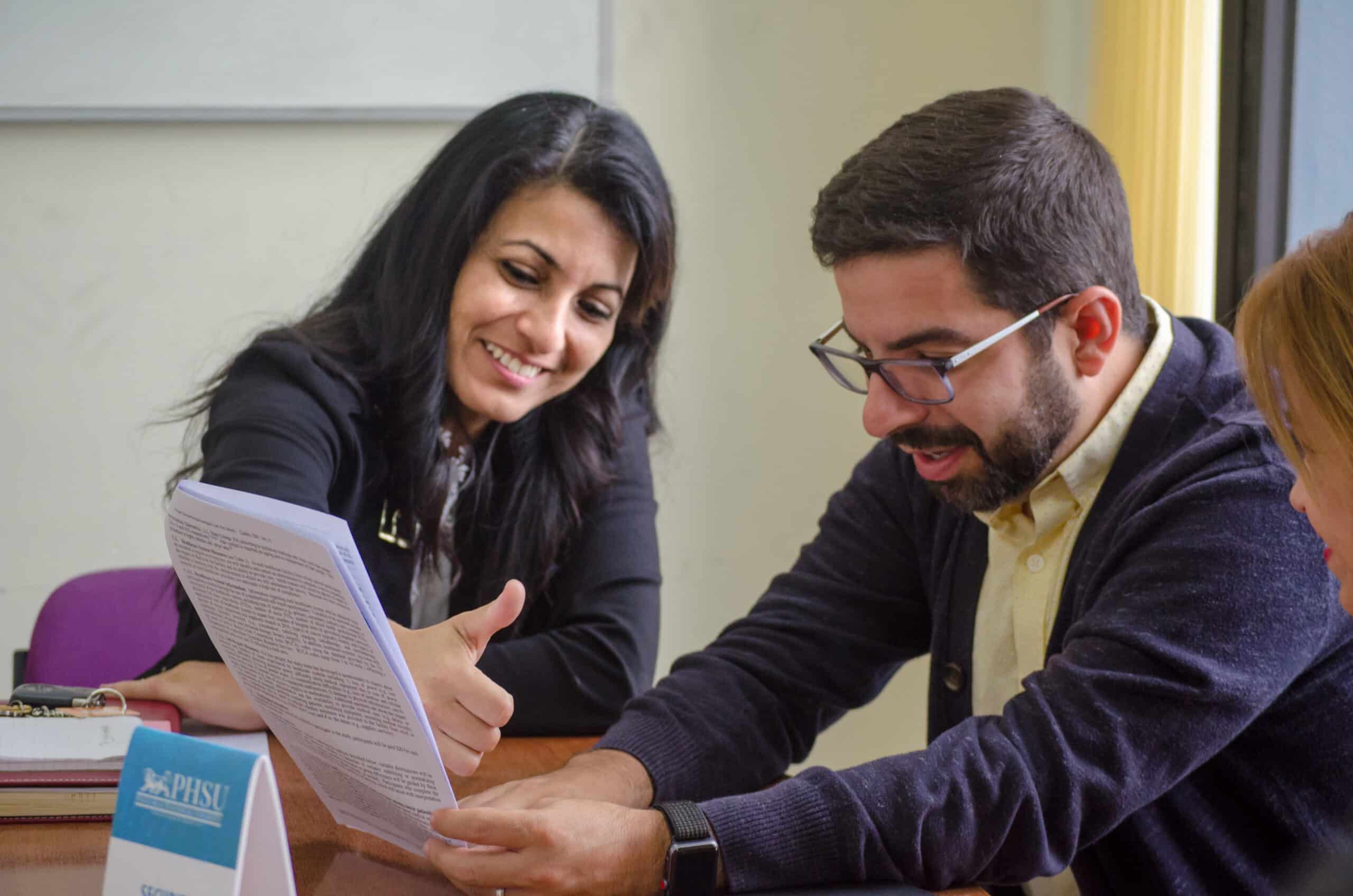 Esta información podrá ayudar a establecer medidas de preparación y resiliencia que provean un sistema de salud más eficiente para poblaciones necesitadas, ante cualquier evento futuro. El plan propuesto es cónsono con nuestra misión de buscar soluciones a los problemas de salud más apremiantes para la comunidad hispana”, dijo la Dra. Kenira Thompson, presidenta del Ponce Medical School Foundation, Inc.
Esta información podrá ayudar a establecer medidas de preparación y resiliencia que provean un sistema de salud más eficiente para poblaciones necesitadas, ante cualquier evento futuro. El plan propuesto es cónsono con nuestra misión de buscar soluciones a los problemas de salud más apremiantes para la comunidad hispana”, dijo la Dra. Kenira Thompson, presidenta del Ponce Medical School Foundation, Inc.